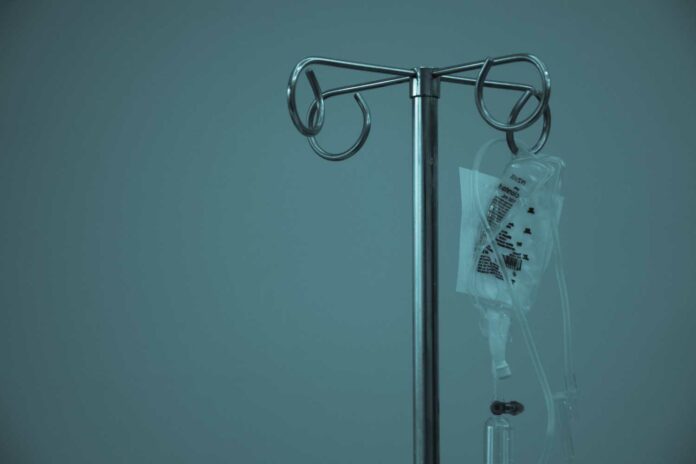It has been shown that early diagnosis, treatment and constant monitoring of cancer patients is crucial in order to achieve higher survival rates. Hence, cancer is one of the diseases with high monitoring and awareness across the globe. However, in the recent years, the world’s attention was redirected to another deadly threat in the form of the Covid-19 pandemic. With the numbers of cases and deaths increasing exponentially from Covid-19 infections, the pandemic took centre stage, while all other serious illnesses took a back seat.
Number of cancer cases
A study on the initial impact of the Covid-19 pandemic on the diagnosis of new cancers at a large pathology laboratory in Cape Town presented the results below. The changes represent the number of new diagnoses in the different cancer types, from 1 April 2020 to 30 June 2020, compared with the pre-pandemic period 2019:
- Prostate cancer cases decreased by 58%
- Oesophageal cancer cases decreased by 44%
- Breast cancer cases decreased by 33%
- Gastric cancer cases decreased by 33%
- Colorectal cancer cases decreased by 7%
The number of new cancer cases combined decreased by 36.3% from the year 2019 to 2020. This trend was also seen in the data collected by Cancer Research UK that showed in the first year of the pandemic, one-million fewer screening invitations were sent, 380 000 fewer people saw a specialist after a suspected cancer referral and 45 000 fewer people started their cancer treatments.
Reduction in cancer cases
We have seen a similar trend on our group risk critical illness claims, where claims reduced by 30% from 2019 to 2020. The level of reduced claims continued into 2021 as well. The reduction in cancer cases diagnosed during the pandemic, seems to be prevalent in many countries. However, the decline is not because of fewer people contracting cancer, but due to delays in diagnosis and treatment.


There are many factors that resulted from the global response to the pandemic that may have caused this phenomenon, including but not limited to:
- The decision to implement national lockdowns in many countries, which restricted the daily movement of many citizens
- Many people became less likely to visit their physicians for routine check-ups, out of fear of contracting Covid-19. Fewer individuals went for screening and thus, if they had cancer, it would not have been detected at an early stage
- Hospitals were saturated with Covid-19 patients and there were not enough resources to be redirected to cancer patients. As such, individuals that were a high risk could not get the required treatment in certain instances
The long-term implications
As we move out of the pandemic, we expect to see more cancer diagnoses as more people return to their routine check-ups. However, the long-term implications resulting from the delay in diagnosis is a major concern as with cancer treatments, delayed treatment may likely lead to lowered rates of recovery. The population, at large, must be encouraged to visit their physicians for routine check-ups to ensure early diagnosis.
As more and more people go for routine check-ups, there may be a surge in cancer cases. Being diagnosed with cancer has a significant financial impact on any family and most individuals will need financial assistance to deal with the additional costs associated with treatment.
Critical illness insurance is one of the least taken up-types of insurance cover for individuals. Group critical illness products enable employers to provide comprehensive cover for their employees, if they are diagnosed with a critical condition. There are a range of products that provide payouts to assist with the added financial burden, should an individual be diagnosed with a critical illness












